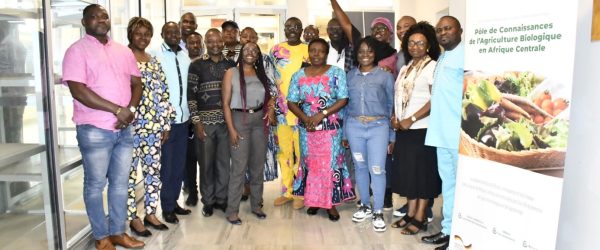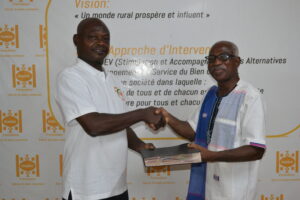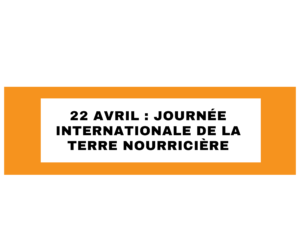From July 17 to 18, 2023, the five implementing partner organizations of the Pôle de Connaissances de l’Agriculture Biologique en Afrique Centrale “PCAC” project met in Yaoundé for the workshop to launch the second phase of the project, organized by GIZ.
Organic farming and agro-ecological approaches are gaining ground in many of our regions in Cameroon. After a successful first phase of implementation, the ACCP is now entering its second phase in Cameroon. On July 17 and 18, 2023, the Mérina Hôtel in Yaoundé (Cameroon’s political capital) hosted the workshop to launch the activities of the second phase of the “Pôle de Connaissances de l’Agriculture Biologique en Afrique Centrale” project. The workshop was facilitated by Ms Eva Paule MOUZONG, the project’s lead facilitator.
The workshop was attended by a number of national directors and coordinators from partner organizations, as well as several technical managers and Pôle focal points.
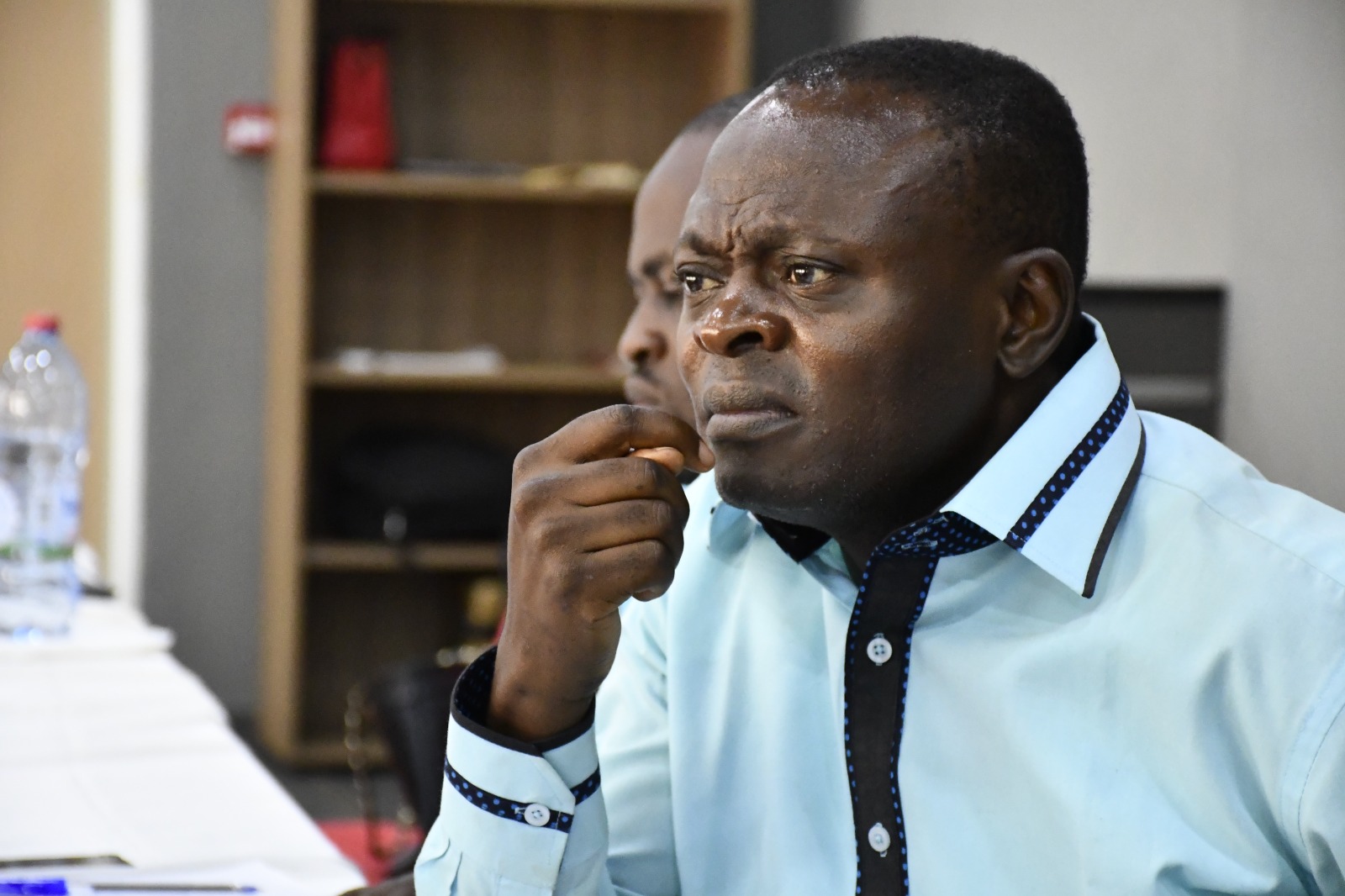
The National Director of Inades-Formation Cameroun during the meeting.
The meeting provided an opportunity for project staff to exchange views and assess the activities and results achieved during the first phase of the project, as well as to lay the organizational foundations for better implementation of activities in the second phase.
The five (5) partner organizations implementing the project in Cameroon, namely Inades-Formation Cameroun, CIPCRE, GADD, CPF and SAILD, discussed their planned activities and established synergies of action for this new 6-month phase. The other actions carried out during the workshop involved reflection on the content and formats for capitalizing on the activities and results of the first phase of the ACCP cluster. At the end of the debates and discussions, the participants drew up a roadmap of actions to be carried out: Synergies to be envisaged in relation to phase 2 activities, the process of capitalizing on ACCP phase 1 activities, and the establishment of a monitoring mechanism.
Finalizing the capitalization process for the 1st phase of the project was one of the workshop’s key recommendations. A task force made up of several members and coordinated by the ACCP Communications Focal Point was set up to lead the work. According to the workshop participants, the capitalization aims to better valorize and position the ACCP as a lever for sustainable development in Cameroon. The projected production date for this document is November 2023.
Phase I highlights
The availability of the digital platform (db.kcoa-africa.org) developed by GIZ and still in private hands is a strong result. Some fifty ToToT and non-ToToT multipliers are already registered. They disseminate relevant knowledge about organic farming. There are also some twenty uploaded knowledge products awaiting verification/validation. A validation committee has been set up. The creation of a network of organic sector players known as RABIOCAM (Réseau des Acteurs Bio du Cameroun) is also noteworthy, as is the availability of school fields in the various intervention zones. In just a few months, the ACCP project has improved stakeholders’ knowledge of the performance of organic versus conventional farming in the various intervention zones. The ACCP project aims to fill the knowledge gap in order to promote food systems that ensure food safety and respect the environment.
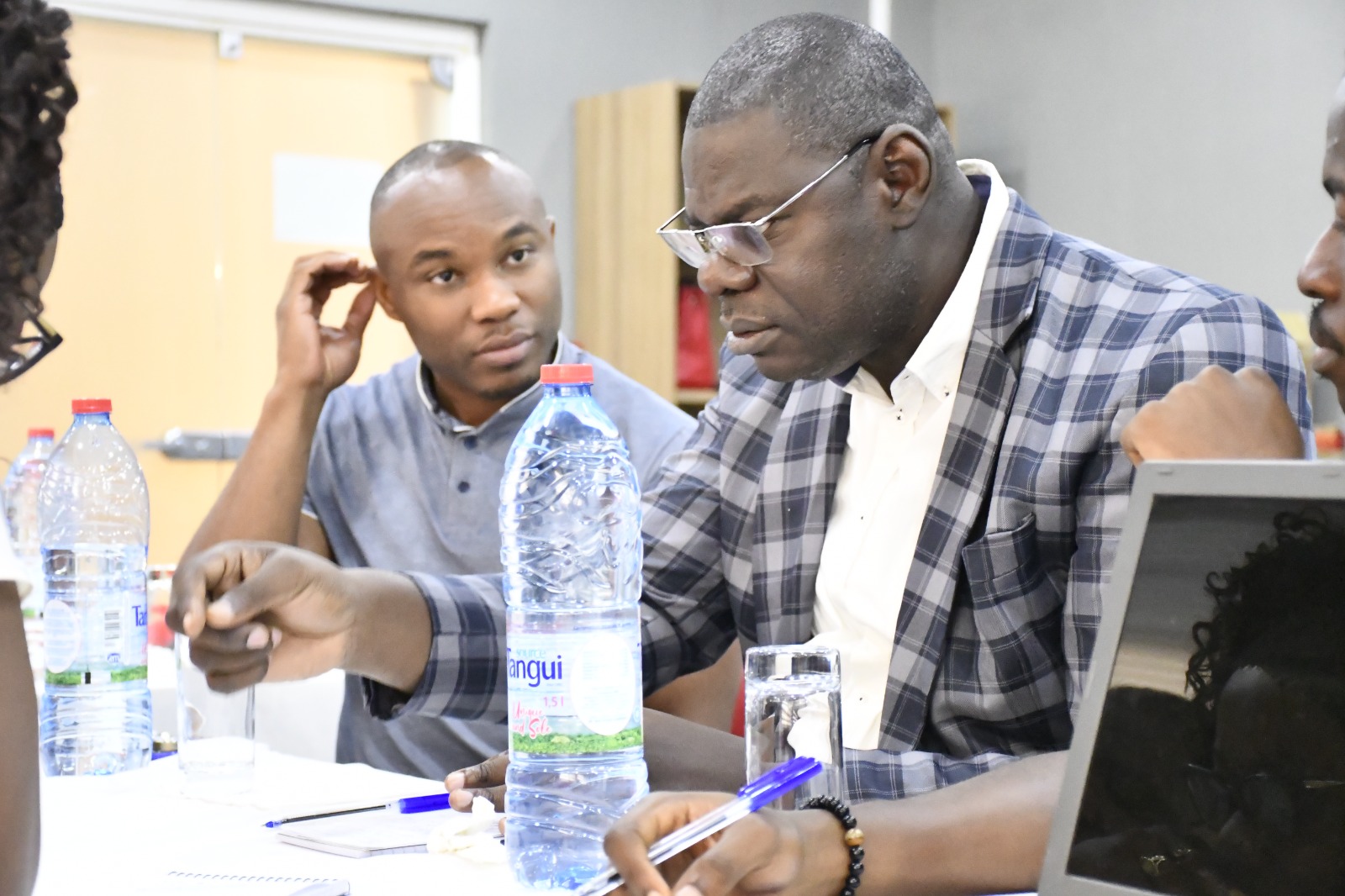
Some lessons learned from the first phase
The meeting provided an opportunity to share the cluster’s initial results, and also to gather suggestions and contributions from participants for improving the second phase. The main lessons learned from the first phase of implementation are as follows:
- The organization of regular face-to-face meetings between ACCP members is necessary to keep players mobilized and up to date with project developments,
- Capitalizing on the events organized by the various Pôle organizations, and linking the ToToT Master Trainers with the project’s implementing organizations, especially those in charge of Output B, are essential for the coordination and appropriate follow-up of multiplier training,
- The dissemination of knowledge is based not only on the KPs (Knowledge Products) produced by Extrant A, but also on the non-validated KPs that exist in Central Africa,
- A more systematic follow-up of multipliers, including coaching and retraining, is necessary and contributes to a better appropriation of the knowledge disseminated and to maintaining the adhesion of multipliers to the project….
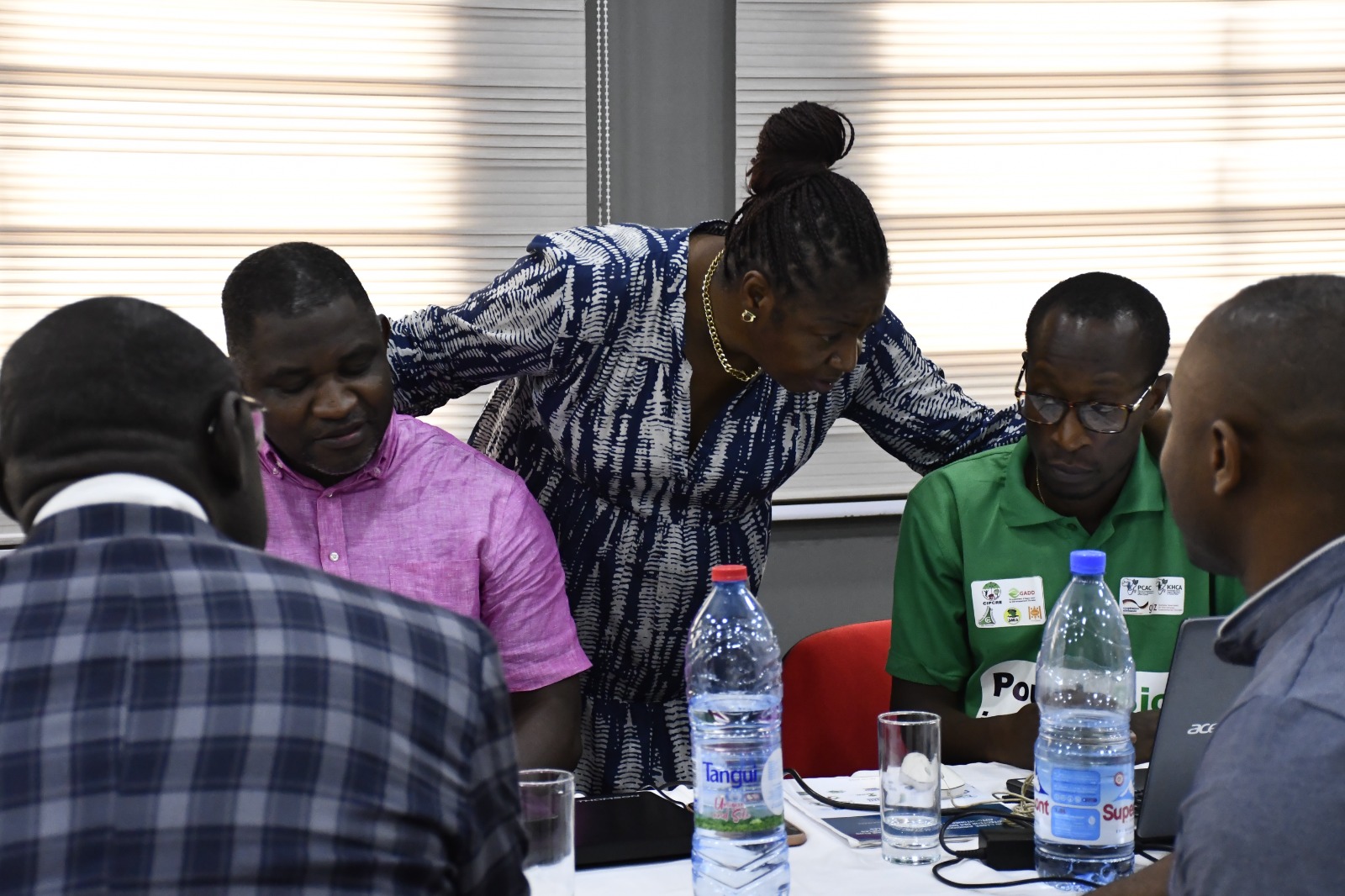
Outlook
The adoption of a 4th output relating to advocacy in the KCOA project. Madagascar, a French-speaking country, will join the KCOA project dynamic, and to this end a training session on IPR is scheduled for August 2023.
As a reminder, the CCAB-KCOA project is funded by the German Federal Ministry for Economic Cooperation and Development (BMZ) and implemented by the German Development Cooperation (GIZ) in partnership with local organizations from 5 regional hubs on the African continent: North Africa (PCAN/KHNA), Southern Africa (PCAA/KHSA), East Africa (PCAE/KHEA), West Africa (PCAO/KHWA) and Central Africa (PCAC/KHCA). It is now based on the “TRANSFORMATION OF FOOD SYSTEMS (SI AGER)” special initiative, formerly known as the “WORLD WITHOUT HUNGER” special initiative.
Marguerite MOMHA, Communication Inades-Formation Cameroon
Workshop photo album

